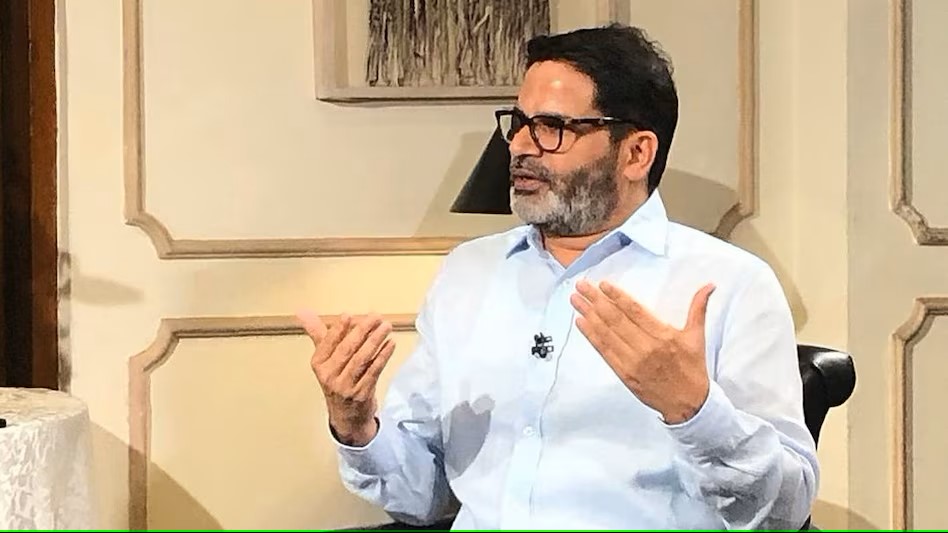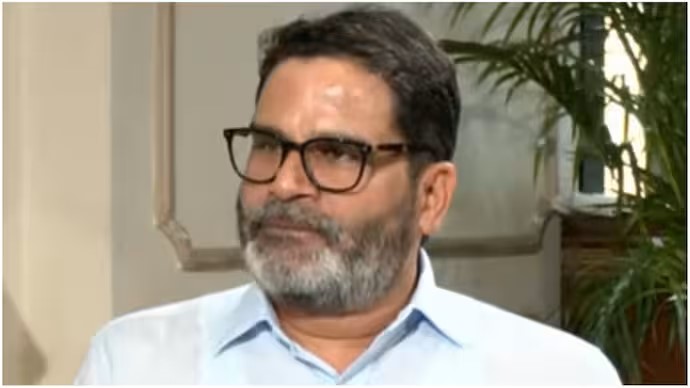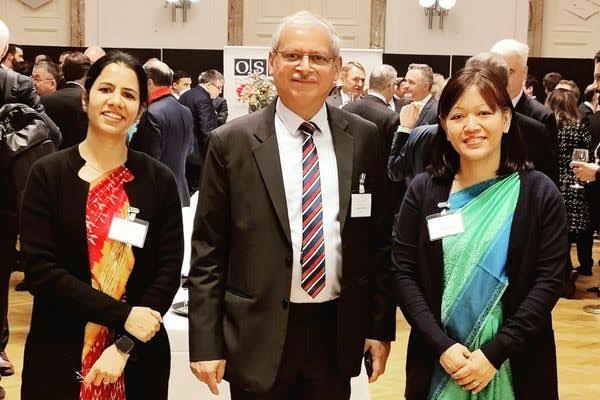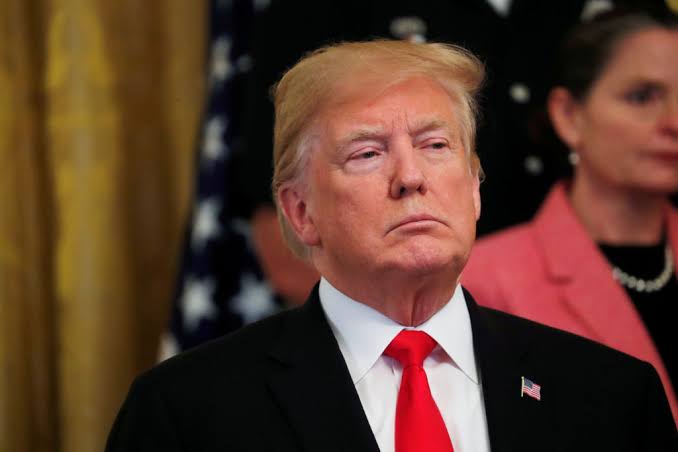Prashant Kishor outlined four significant shifts expected in Modi 3.0 during an exclusive interview with India Today. He indicated an increased centralization of power and resources, along with potential measures to curtail the financial autonomy of states and amendments to the Modi government’s anti-corruption narrative.
 Kishor specifically proposed that Prime Minister Narendra Modi’s third term could witness the incorporation of petroleum into the Goods and Services Tax (GST) framework, alongside significant constraints on states’ financial sovereignty. Observing the current landscape, he highlighted petroleum, liquor, and land as major revenue sources for states, suggesting the possibility of petroleum’s inclusion in GST.
Kishor specifically proposed that Prime Minister Narendra Modi’s third term could witness the incorporation of petroleum into the Goods and Services Tax (GST) framework, alongside significant constraints on states’ financial sovereignty. Observing the current landscape, he highlighted petroleum, liquor, and land as major revenue sources for states, suggesting the possibility of petroleum’s inclusion in GST.
Currently, petroleum products like petrol, diesel, ATF, and natural gas fall outside the GST purview, although they are subject to taxes such as VAT, Central Sales Tax, and Central Excise Duty. Despite industry demands, states have been hesitant to include petroleum in GST due to concerns about revenue loss, which would deepen their reliance on the Centre for tax revenues.
Additionally, Kishor proposed that the Centre might delay resource allocation to states and enforce stricter norms under the Fiscal Responsibility and Budget Management (FRBM) Act, enacted in 2003 to limit states’ annual budget deficits.
Kishor also speculated about India’s diplomatic posture, suggesting a more assertive stance on the global stage, possibly verging on arrogance. This projection hints at a shift in India’s geopolitical approach, signalling a proactive stance in international relations.




